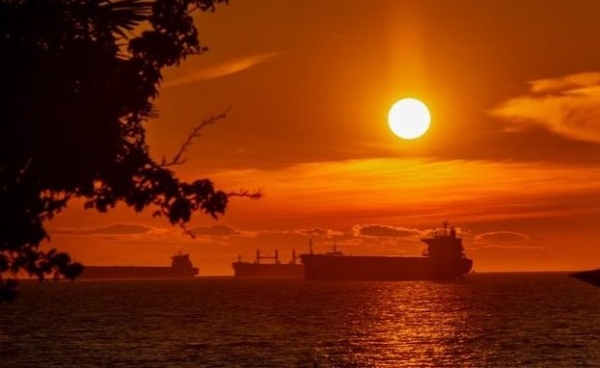News
Latest news
Aderco: Planing for Sulphur Cap Just Over a Month Away
Swiss-based marine fuel treatment company Aderco reminded ship owners, ship managers and operators that they should already have started planning to comply with the IMO’s 2020 global sulphur cap.
Olivier Baiwir, CEO of Aderco, believes some in the maritime industry perceive the start of the cap as being nearly a year away, but they need to rethink that position and, quickly, to ensure they will be compliant with the new regulations.
“The IMO sulphur cap starts on January 1, 2020 but in reality the planning for compliance is just over a month away. By this March ship owners, ship managers and operators need to be lining up their treatments in preparation for the end of 2019 when they will be bunkering the new fuels. Despite the recent highly publicized bans on open-loop scrubbers, fuel treatment remains the most cost-effective and simplest way to address compliance, as well as providing an extra bonus of helping to protect your marine diesel engines,” Baiwir said.
As explained, in the run-up to the cap, flushing and cleaning of tanks prior to bunkering new fuel is the most important task to be addressed.
“Even the slightest amount of high-sulphur fuel remaining in the tank will mean non-compliance. Using fuel treatment from our recommended date of June this year should provide the necessary flushing and cleaning ready for the new fuel,” he added.
Baiwir sees additives as a continuous and effective solution to the cap and the smart way towards compliance.
Additives are poured directly into storage tanks prior to bunkering and can also be added directly into fuel tanks to reduce commingling risks, regenerate the current sludge into usable fuel and clean out contaminants before taking on the new low-sulphur fuel, Aderco explained.
“We have been advising our customers that compliance with the cap starts in the fuel tank and that now is the time to really start preparing for IMO 2020,” Baiwir added, voicing concern that there will be some ships reaching the end of 2019 without being ready for the new fuels.
“The simplest and most cost-effective method is a fuel treatment. With a strong focus likely to be on the shipping world and policing by Port State Control in the early part of 2020 for anyone not adhering to the new rules, the chances are that some will find themselves on the end of hefty fines and detentions for non-compliance. When all it takes is the addition of a fuel treatment it seems a small price to pay for peace of mind and operational efficiency,” he concluded.




















